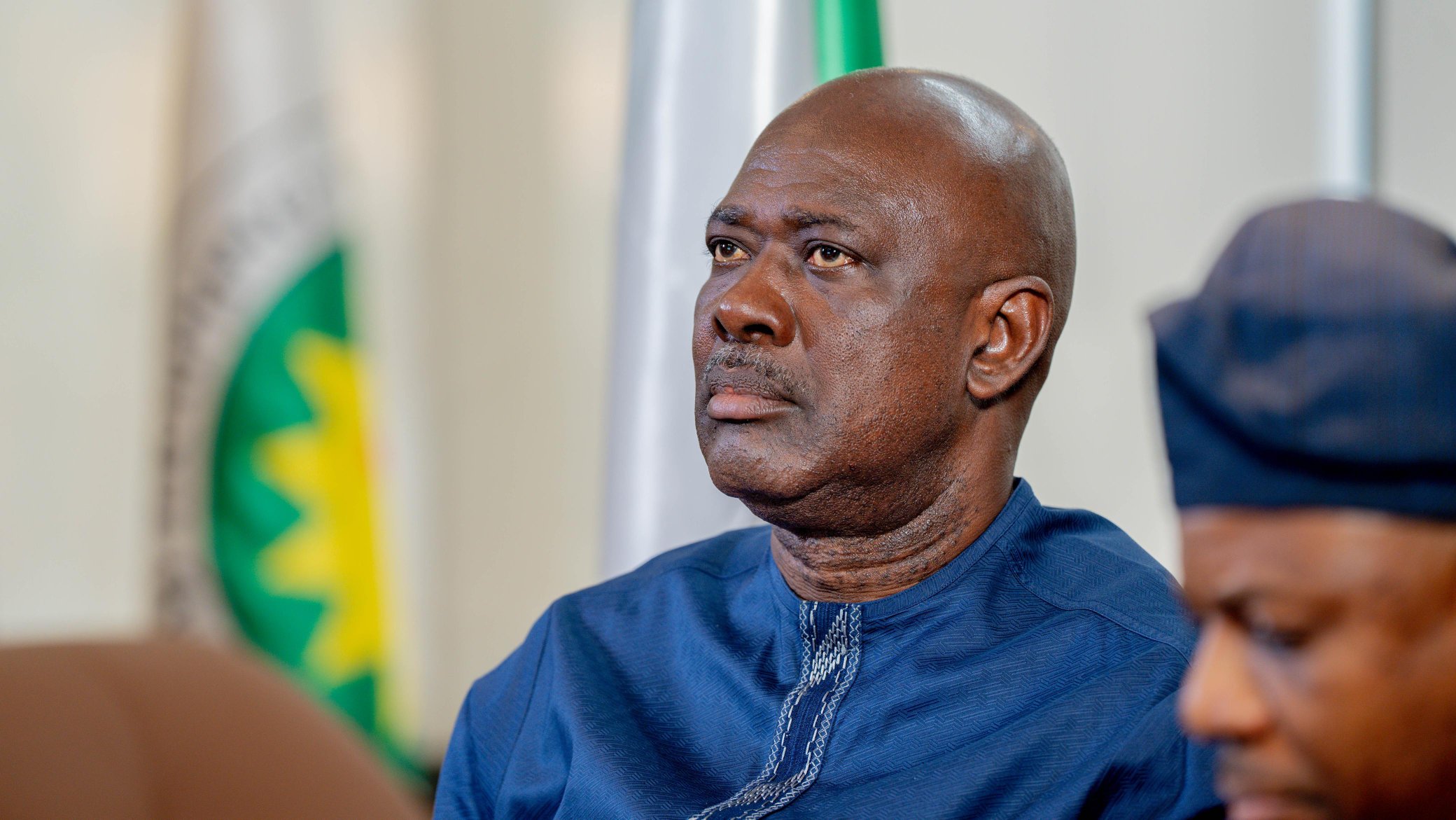Nigeria is preparing to demand a higher oil quota at the next Organisation of Petroleum Exporting Countries meeting in November. The Minister of State for Petroleum Resources (Oil), Senator Heineken Lokpobiri, revealed this during an interactive session with the media team of the Nigerian Upstream Petroleum Regulatory Commission in Abuja. His statement reflects Nigeria’s renewed confidence in its production capacity and its determination to strengthen its position within OPEC through strategic engagement and improved output.
According to the minister, the country’s upstream sector has made significant progress since the implementation of the Petroleum Industry Act. This growth, he noted, justifies the country’s request for a higher oil quota. He explained that ongoing reforms and investments have increased production efficiency, stabilized operations, and created a stronger foundation for sustainable output. With these improvements, Nigeria believes it can meet and even exceed new production targets without compromising environmental and operational standards.
Over the past few years, Nigeria’s oil production has faced numerous challenges, including underinvestment, pipeline vandalism, and crude theft. These issues reduced daily output and limited the nation’s ability to meet OPEC quotas. However, recent measures have started to reverse that trend. The minister pointed out that the Petroleum Industry Act has attracted more investment, improved transparency, and streamlined regulatory oversight. These changes have helped rebuild investor confidence and restore discipline across the value chain.
Senator Lokpobiri emphasized that the federal government remains committed to maximizing the benefits of its natural resources. He explained that demanding a higher oil quota aligns with the country’s economic recovery plan and long-term growth strategy. The goal is to increase foreign exchange earnings, support budget stability, and strengthen the nation’s global competitiveness. With a steady rise in production and new projects underway, the minister expressed optimism that Nigeria can now sustain higher volumes.
He also acknowledged the critical role of collaboration between government institutions, regulators, and operators in achieving this ambition. The Nigerian Upstream Petroleum Regulatory Commission continues to provide strong technical support and effective oversight to ensure compliance and efficiency in operations. Their joint effort has created an enabling environment for producers to ramp up output while adhering to global best practices.
The minister further stressed the importance of maintaining dialogue within OPEC. He noted that Nigeria remains a reliable member of the organization, committed to balancing market stability with national interest. By seeking a higher oil quota, the country is not only protecting its economic interests but also contributing to the global energy supply balance. His comments reflected a sense of readiness and renewed national confidence as Nigeria positions itself for greater influence in OPEC’s future decisions.
As the November meeting approaches, industry analysts believe Nigeria’s case for a higher oil quota will receive strong consideration. The nation’s recent performance, supported by policy reforms and infrastructure improvements, provides solid justification. For Nigeria, this is not just a matter of numbers but a statement of progress, capability, and resilience. Through consistent policy execution, collaboration, and responsible production, the country aims to turn its abundant energy resources into sustained prosperity.





